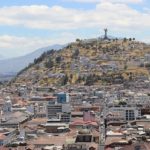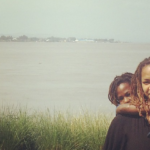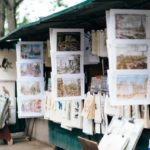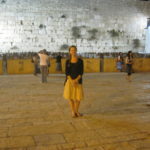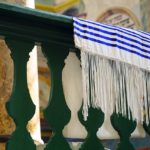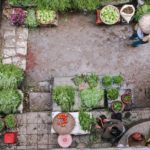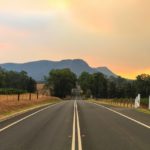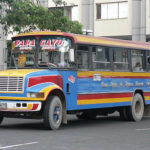Liberia Travel Talk with Journalist Ruth Andrew Ellenson
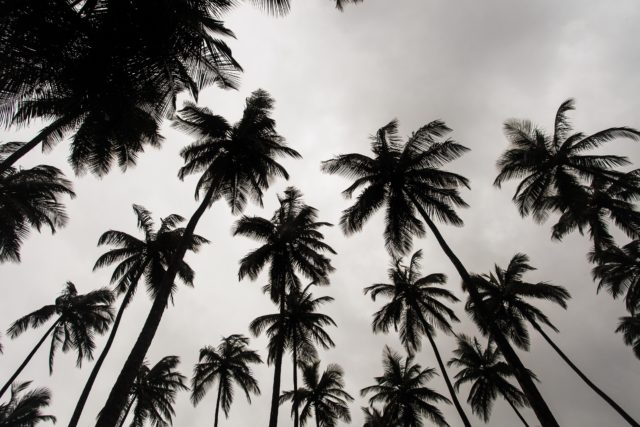
Ruth Andrew Ellenson is a journalist whose work has appeared in The New York Times, Los Angeles Times, People, Huffington Post, The Forward and many other publications. She received the National Jewish Book Award for editing the best-selling anthology “The Modern Jewish Girl’s Guide to Guilt” and currently works on editorial projects with philanthropist Edgar M. Bronfman at The Samuel Bronfman Foundation.
Why did you decide to travel to Liberia?
I traveled to Liberia with American Jewish World Service to do research for a book. I was examining what happens when Jewish charity goes to promoting what are Jewish values to non-Jewish people and causes without involving religion in any way. Although AJWS does work around the world, Liberia was particularly of interest because of the amount of political and social upheaval it had suffered through in its recent history, the empowerment of women in ending that war, and the subsequent election of Ellen Johnson Sirleaf as the first female president of an African country.
The trip I went on was focusing on women’s empowerment through meeting the leaders of the Mass Action, which helped bring about the end of the Second Civil War in Liberia. I also thought it would be fascinating to see what Jewish American feminists meeting Liberian feminists might have in common, despite living in very different worlds.
When we traveled there in June of 2012, it was fairly close to the sentencing of Charles G. Taylor, the former president of Liberia, for crimes against humanity. It seemed an especially percipient moment to witness what was occurring in Liberia. Seeing it through the filter of Jewish philanthropy aiding a country that was almost entirely Christian and Muslim would, I thought, make a great story. That might have been the only part of the trip that actually met my expectations. Everything else I encountered defied expectation–although I didn’t really know what I would find–and touched me deeply.
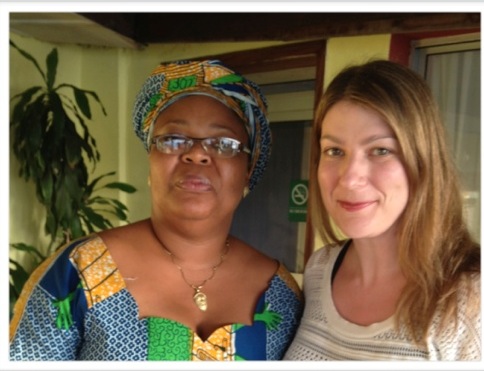
What surprised you most about Liberia?
Everything. That sounds trite, but as someone who had never been to Africa before and who only had a passing knowledge of Liberia’s founding by freed American slaves, I knew practically nothing. I’m not proud of that, but it did offer me what I think is one of the greatest gifts travel can bestow: to see how little you know about the world and how much there is to learn. That sense of amazement, even when it is painful–and in Liberia it often was–is a gift that travel gives you.
As an American, I now see that knowing about Liberia and its history is an essential part of knowing your own history. Liberia’s founding is a complex and an especially poignant chapter in the history of African-Americans and slavery. Liberia is America’s only colonial project, and the country was essentially founded to keep freed blacks separated from enslaved blacks in America. This was done through the work of the American Colonialization Society beginning in 1820 and the country was founded in 1847.
The first president of Liberia, Joseph Jenkins Roberts, was born as a free black man in Norfolk, Virginia–the same place my own father is from. Its constitution was written by a Jewish American lawyer from Massachusetts and its capital, Monrovia, was named for US President James Monroe. That’s just the tip of the iceberg of the complications of its history and founding, which isn’t entirely different from the layers of complexity added by colonialism in nearly every African country. It is one thing to know these things theoretically, but it is entirely different to see how they still play out in daily life. Liberia’s complex history still very much informs what occurs in the country today.
What was was the highlight of your trip? What was the greatest challenge you faced in Liberia?
After the ravages of war, and even all these years later, the country has virtually no infrastructure Some of the statistics we were told are that 98% of the country does not have electricity and the electricity that is available is among the most expensive in the world. Roads, schools, medical clinics–all the basics of civilization–were damaged or depleted during the war and because the official employment figures are so low, there’s very little tax base to draw from to rebuild. That is where foreign investment comes in. It is estimated that 70% of Liberian women have been sexually assaulted.
The fear I heard from many Liberians is that oil companies are exploiting Liberia because the country has so few choices for a revenue stream. It becomes overwhelming because so many problems have to be addressed simultaneously. These are real questions: do you turn on the lights or rebuild schools? There’s that level of triage to be administered on nearly every practical level.
Please tell us about another transformative travel experience you have had.
I began traveling internationally while still a teenager, which was extraordinarily lucky. I have always been driven by a type of wanderlust, and given to curiosity. The greatest reward for me for traveling is when I have moments where I feel connected to something larger than myself. When I was 22 I was on the West Coast of Ireland, staying in a town called Galway. From there we traveled to the Aran Islands, which are accessible only by ferry. At night you could lie on these giant slabs of rock, staring up at the stars and hearing the ocean crash into the rocky shore. I have never seen the night sky look so infinite.
By far the greatest impact the Liberia trip made on me was in the people that I encountered. I met people for whom being good and brave and embracing light even in the midst of darkness isn’t just hypothetical. They have made a choice to participate in life, rather than be defeated by pain. And on top of that, they are fighting for justice for others as well. How people build a better world–because they have to and because they want to–is an amazing thing to witness. I was humbled by seeing it in action.
What is one tip you’d give to other women travelers who worry about traveling to uncommon travel destinations?
The most meaningful trips I’ve taken in my life generally fall into two categories: one is a type of glorious escape and the other is a journey that expands my understanding of the world. Liberia illuminated for me what it means to rebuild after the destruction of war, both physically and psychologically. It made me understand in a visceral way how fundamental women’s rights are to human happiness, and also deeply inspired me to see what people are capable of when the worst has come to pass.
It’s a fascinating condition of human nature that when you see the most horrible things people are capable of, you also witness the best. Liberia was a study in those contrasts. The country captured my imagination and my heart.
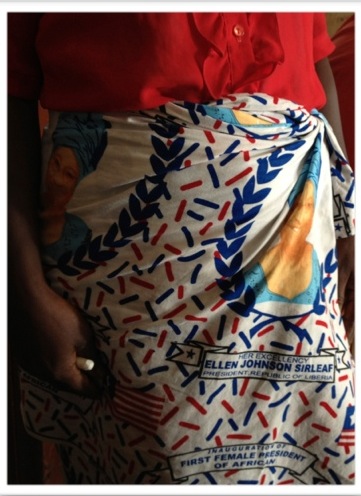
For more information on travel opportunities with American Jewish World Service visit www.ajws.org/travel or call 212.792.2938. Liberia Travel Talk with Journalist Ruth Andrew Ellenson. Top photo by Unsplash.

